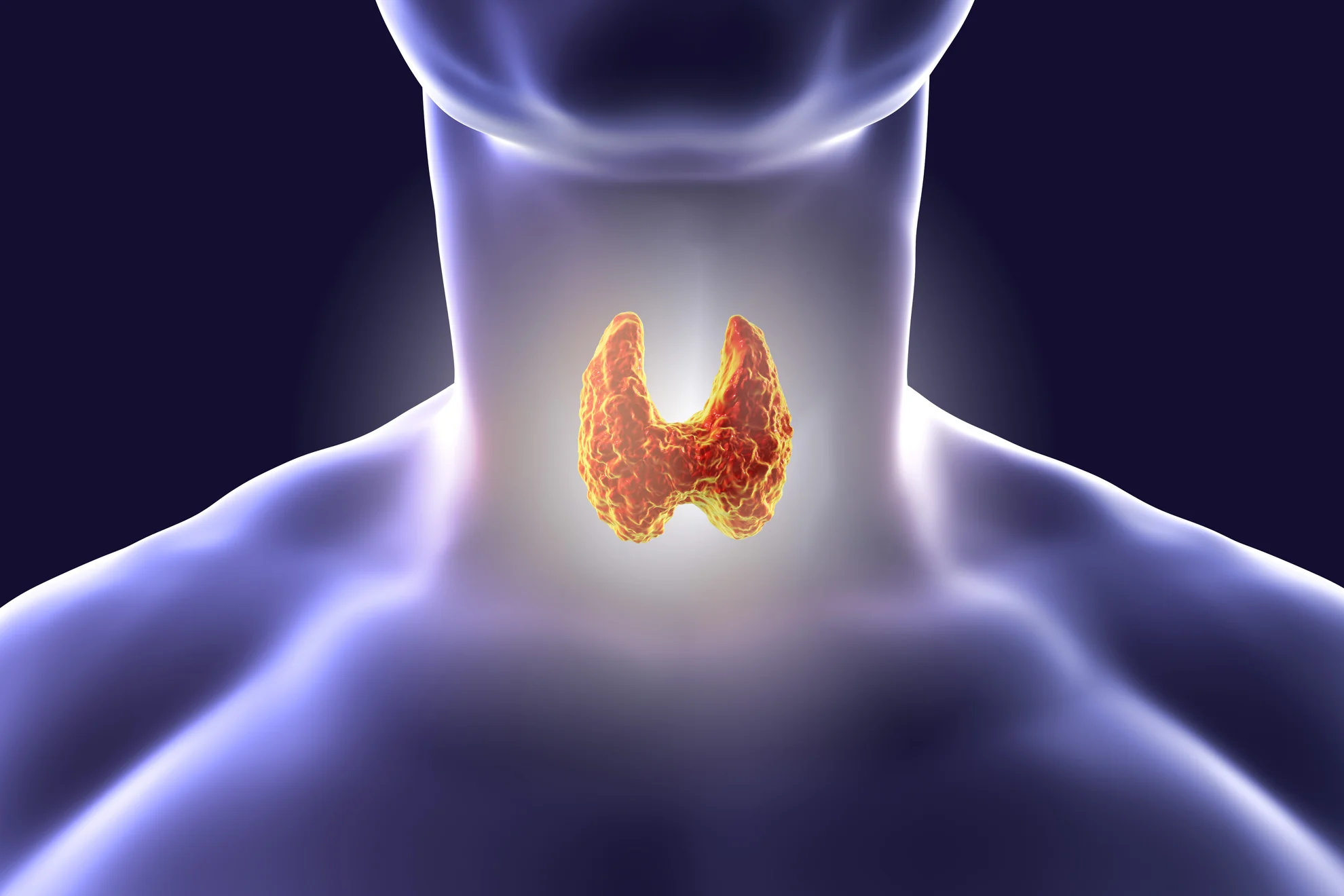
Iodine-Thyroid-Mental Health Connection
Iodine deficiency can have mental health implications and may contribute to symptoms such as:
Depression: An insufficient intake of iodine can disrupt the production of thyroid hormones, which play a role in regulating mood. This disruption may lead to depressive symptoms.
Anxiety: Thyroid hormones help manage the body’s stress response. Iodine deficiency can contribute to anxiety and exacerbate stress-related issues.
Brain Fog: Cognitive function may be affected, leading to difficulties with concentration, memory, and mental clarity. Many individuals describe feeling “foggy” or mentally sluggish.
Mood Swings: Iodine deficiency can disrupt the balance of neurotransmitters in the brain, potentially resulting in mood swings and emotional instability.
Irritability: An underactive thyroid due to iodine deficiency can lead to irritability and a reduced tolerance for stressors.
Fatigue: Chronic fatigue is a common symptom of thyroid dysfunction, which can be linked to iodine deficiency.
Difficulty Coping: Individuals with iodine deficiency may find it challenging to cope with daily stressors and emotional demands.
Sleep Disturbances: Iodine deficiency may contribute to sleep problems, including difficulties falling asleep or staying asleep.
It’s important to recognize that while iodine deficiency can contribute to these mental health symptoms, it’s not the sole cause. Mental health is influenced by various factors, including genetics, lifestyle, and other nutritional components. If you suspect iodine deficiency or experience these symptoms, it’s essential to consult with a healthcare professional for a proper evaluation and guidance on addressing your specific needs.